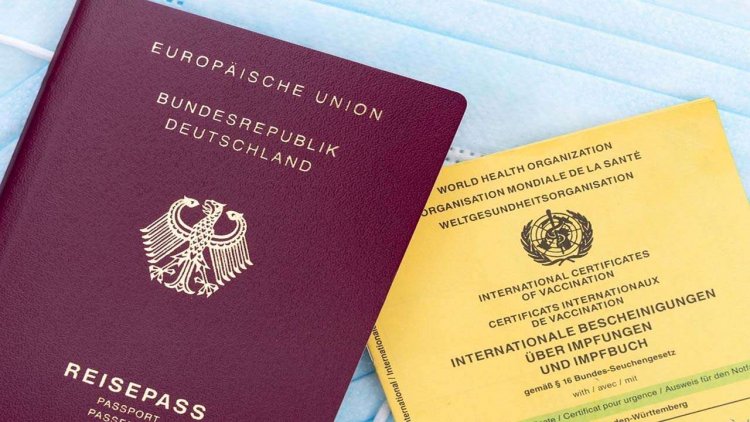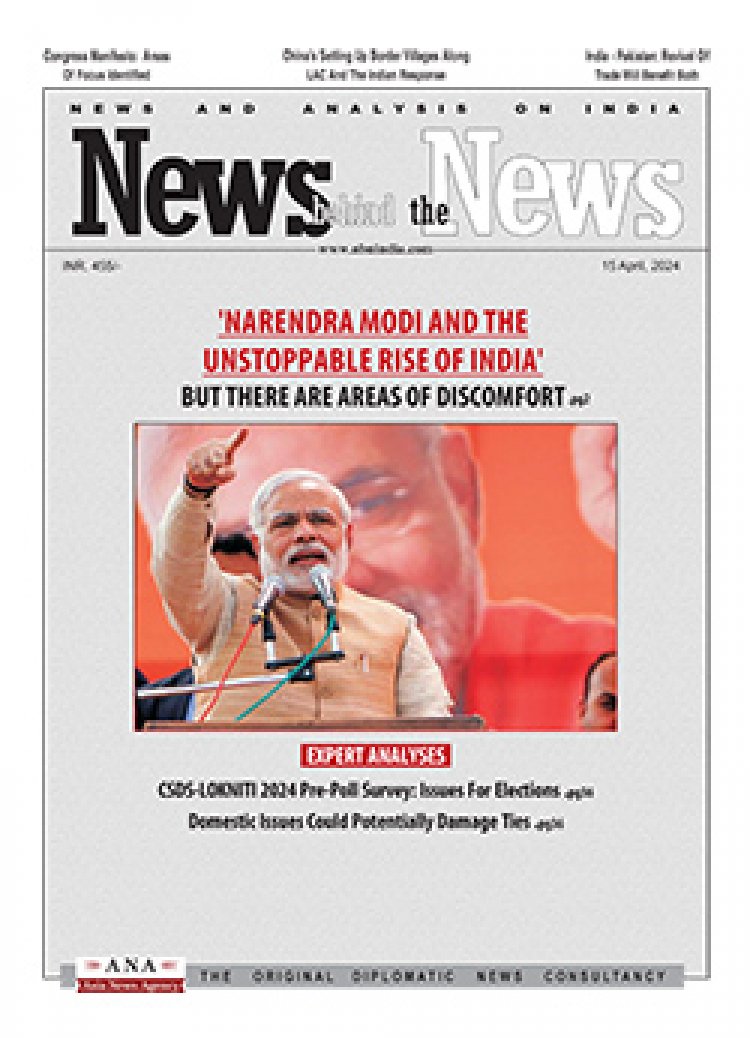India - EU: Controversy on EU Covid Passport
STORIES, ANALYSES, EXPERT VIEWS

External affairs Minister S Jaishankar met with his EU counterpart High Representative Josep Borrell Fontanelles last week when he raised the issue of possible restrictions on Indian travellers in the EU if they don’t have one of four vaccines approved by the European Medicines Agency (EMA), that include the Europe made Astra Zeneca vaccine but not the Indian made Serum Institute of India’s (SII) Covishield or Bharat Biotech’s Covaxin.
Later, India warned, through its officials, that India will introduce a “reciprocal policy” only allowing ease of travel for those European countries that recognise Indian vaccines Covishield and Covaxin. “We have also conveyed to EU Member States that India will institute a reciprocal policy for recognition of the EU Digital Covid Certificate,” sources added, making it clear that only citizens of those countries in the 27-member grouping who make exemptions for travellers inoculated with the Indian vaccines would be given an exemption from mandatory quarantine on arrival in India.
The African Union had also protested over the EU proposal saying that it promoted “inequality” for those from India and “lower-income” countries for whom the Covishield vaccine was the “backbone” of the international COVAX alliance programme.
The European Union issued a detailed clarification, denying its plan was discriminatory. It also explained that SII had not applied for the requisite permissions with the EMA, and had promised to consider its case as soon as it applied.
At the same tine however, seven EU states - Germany, Slovenia, Austria, Greece, Iceland, Ireland, Spain - and Switzerland have put Covishield vaccine on their list of approved vaccines.
WHO-approved vaccine should be allowed for travel
Meanwhile, the World Health Organisation (WHO) has said that any COVID-19 vaccines it has authorized for emergency use should be recognized by countries as they open up their borders to inoculated travellers.
`Any measure that only allows people protected by a subset of WHO-approved vaccines to benefit from the reopening of travel ... would effectively create a two-tier system, further widening the global vaccine divide and exacerbating the inequities we have already seen in the distribution of COVID-19 vaccines,'' a WHO statement said Thursday. ``It would negatively impact the growth of economies that are already suffering the most.''
The WHO said such moves are ``undermining confidence in life-saving vaccines that have already been shown to be safe and effective.’'
Although Western countries have largely relied on vaccines made in the U.S. and Europe, such as Pfizer-BioNTech and AstraZeneca, many developing countries have used the Chinese-made shots.
















